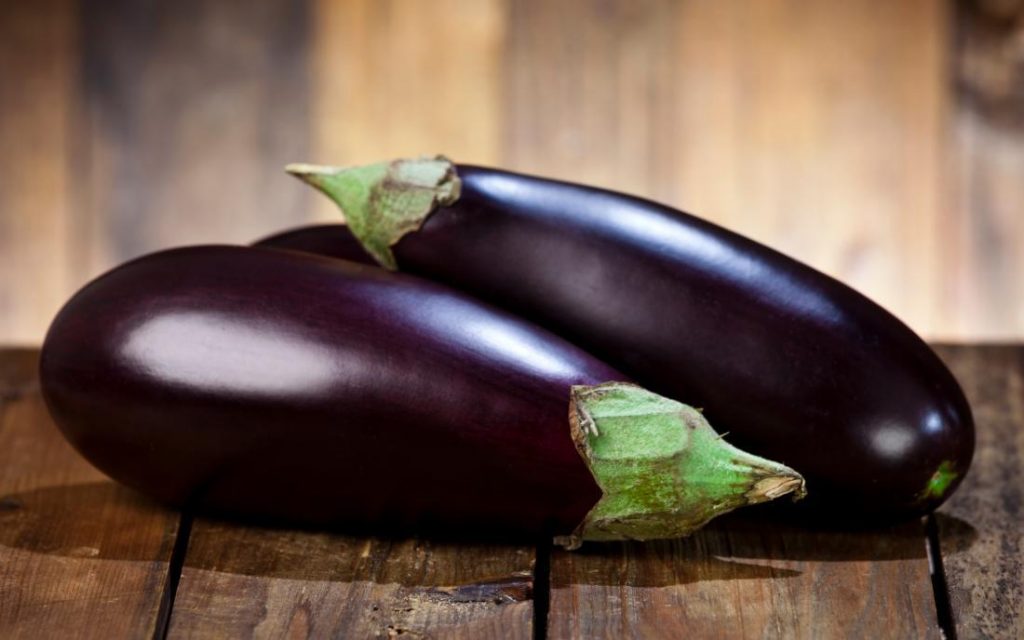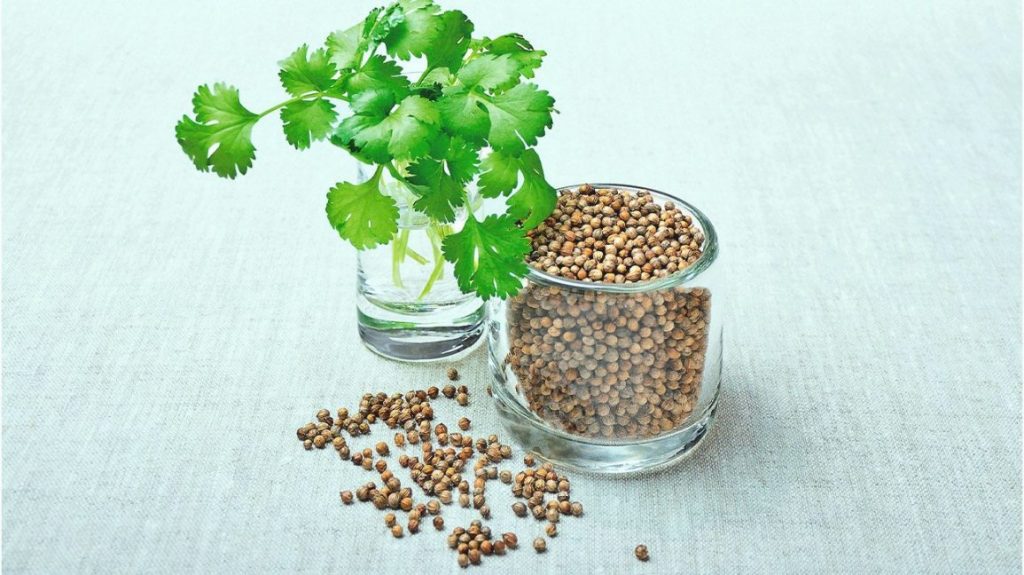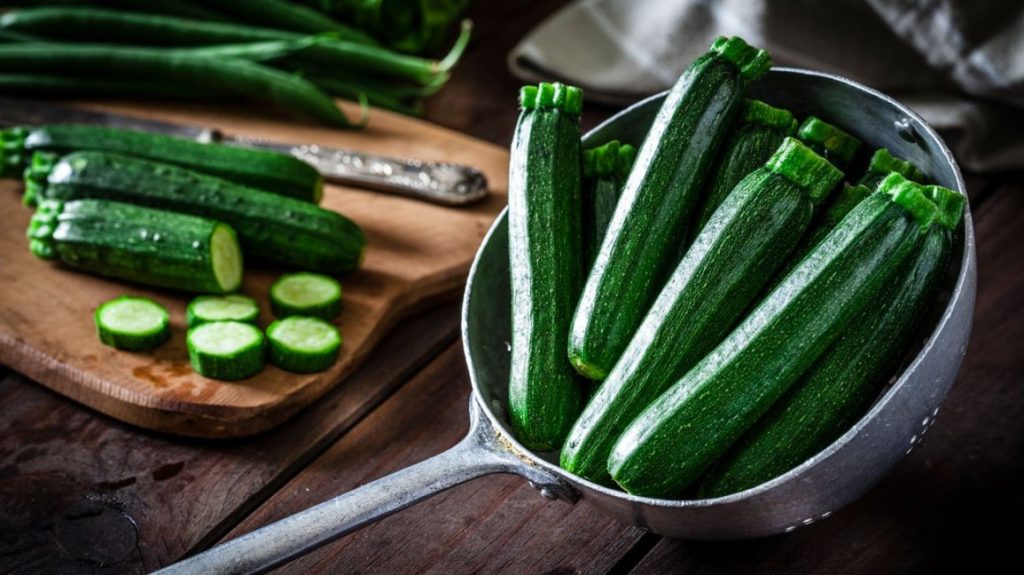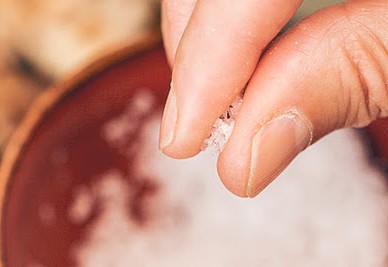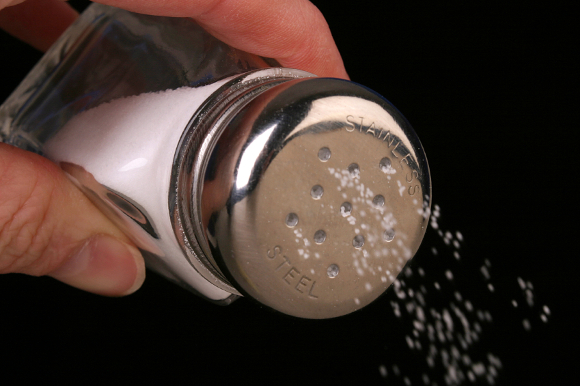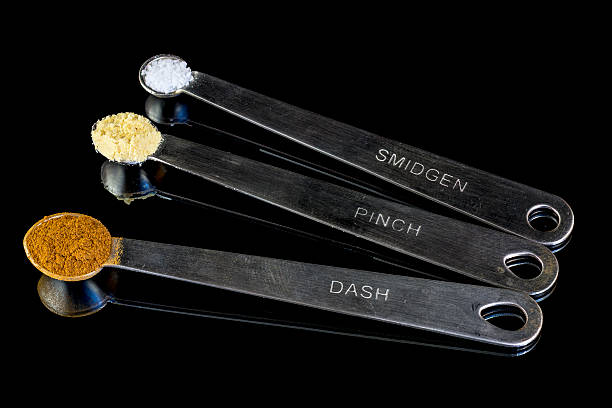Cooking Confusion! 英会話・英語 アミック
2020/01/29
Using recipes in your second language can be a very fun and interesting challenge for language learners, but there are some things that just don’t quite translate right. Here are some tricks to help you understand tricky English recipes!
INGREDIENTS
Anyone who has ever tried to go shopping in another country knows that sometimes there can two very different names for the exact same food or spice.
Aubergine / Eggplant
This purple vegetable can be delicious baked or in stews. In the UK and most European countries, this vegetable is known as an aubergine— however, in the US, it is known as an eggplant.
Coriander / Cilantro
This plant is often used in Mexican, Indian, and Thai food. People use the leaves, seeds, and roots to flavor food. However, while most countries agree that the plant, seeds, and roots are called coriander, in the US the leaves are called cilantro.
Courgette / Zucchini
Like the aubergine/eggplant, this is another vegetable that has two names; this long green vegetable is called a zucchini in the US and a courgette in the UK.
MEASUREMENTS
US recipes are already a headache for anyone who is used to the metric system. Cups, teaspoons, ounces, and fluid ounces are already confusing enough— but not nearly as confusing as measurements for spices and seasonings like “pinch”, “dash”, “drop”, and “smidgen”, which can be different for different people.
Pinch
Of all of them, a pinch is probably the easiest to understand. This measurement is the amount of seasoning that you can “pinch” between your thumb and first finger.
Dash
A dash is usually just a little larger than a pinch. If you are pouring spices from a small container, a “dash” is usually one short shake of the container.
Drop
A drop is a measurement used for liquids. Literally, it means the smallest amount of liquid you can pour out of a bottle.
Smidgen
A smidgen is the smallest of all of our measurements, and the most difficult to define. A smidgeon is a tiny little amount, even less than a pinch.
Alright! I think we’re ready to try some English recipes! Good luck and happy cooking!
–Veronica









